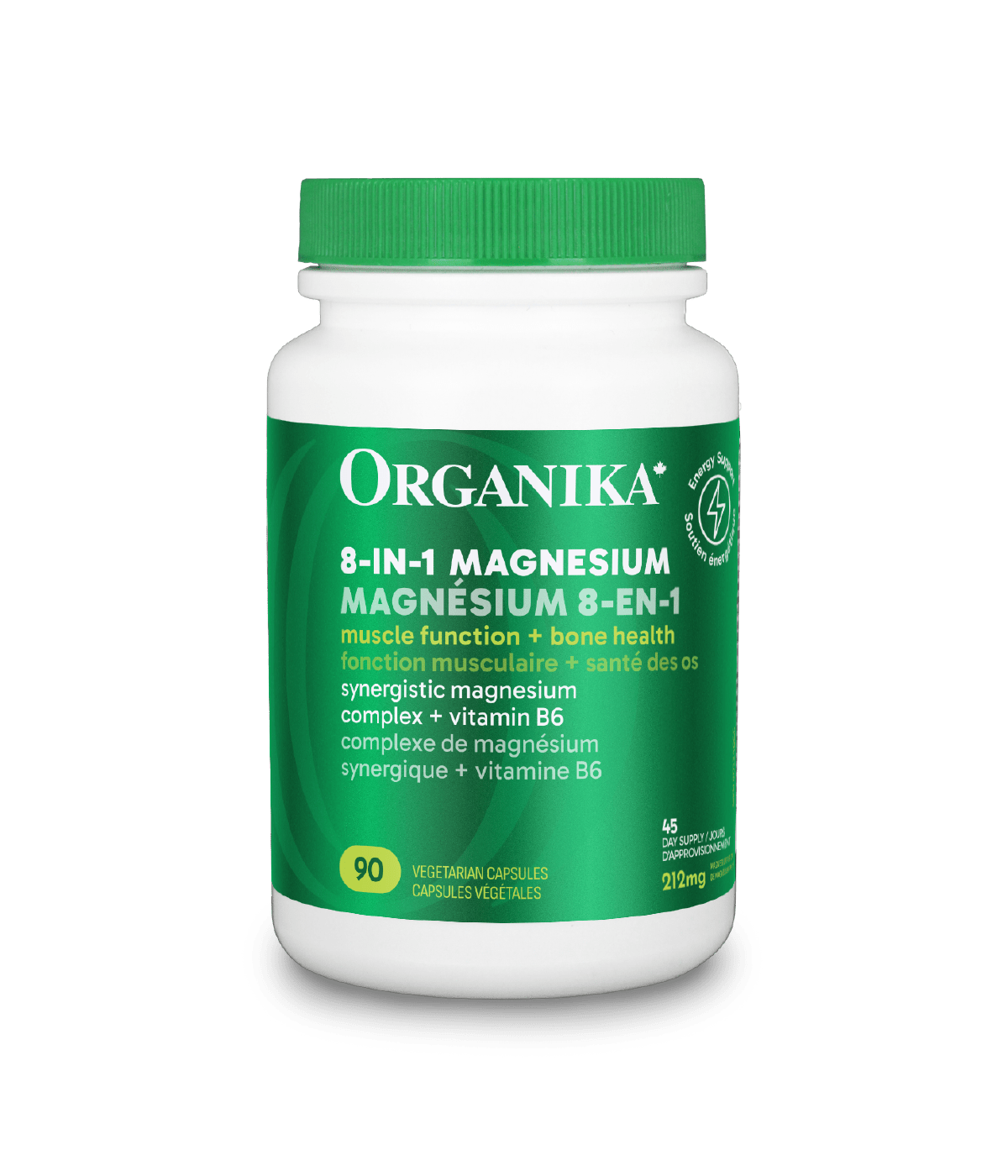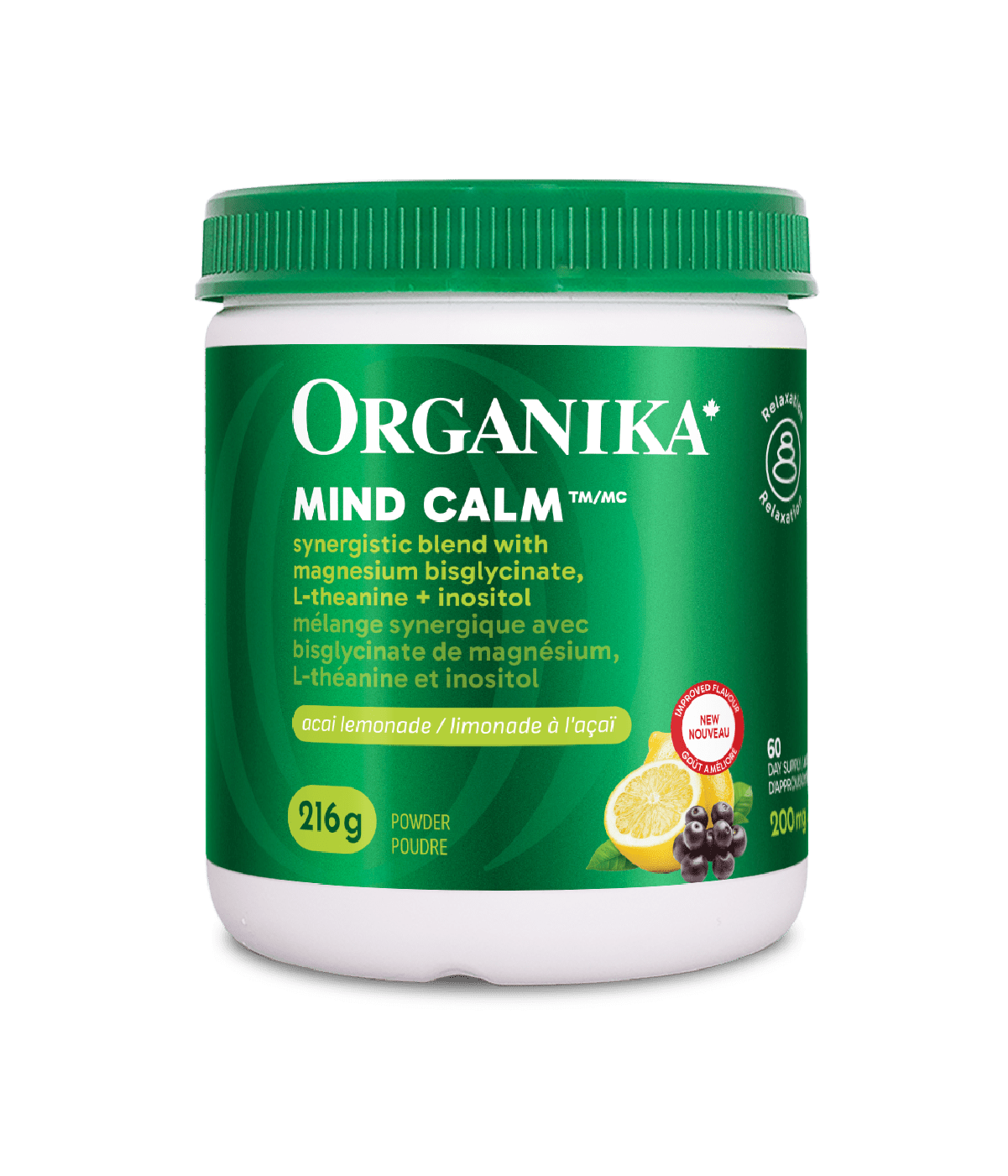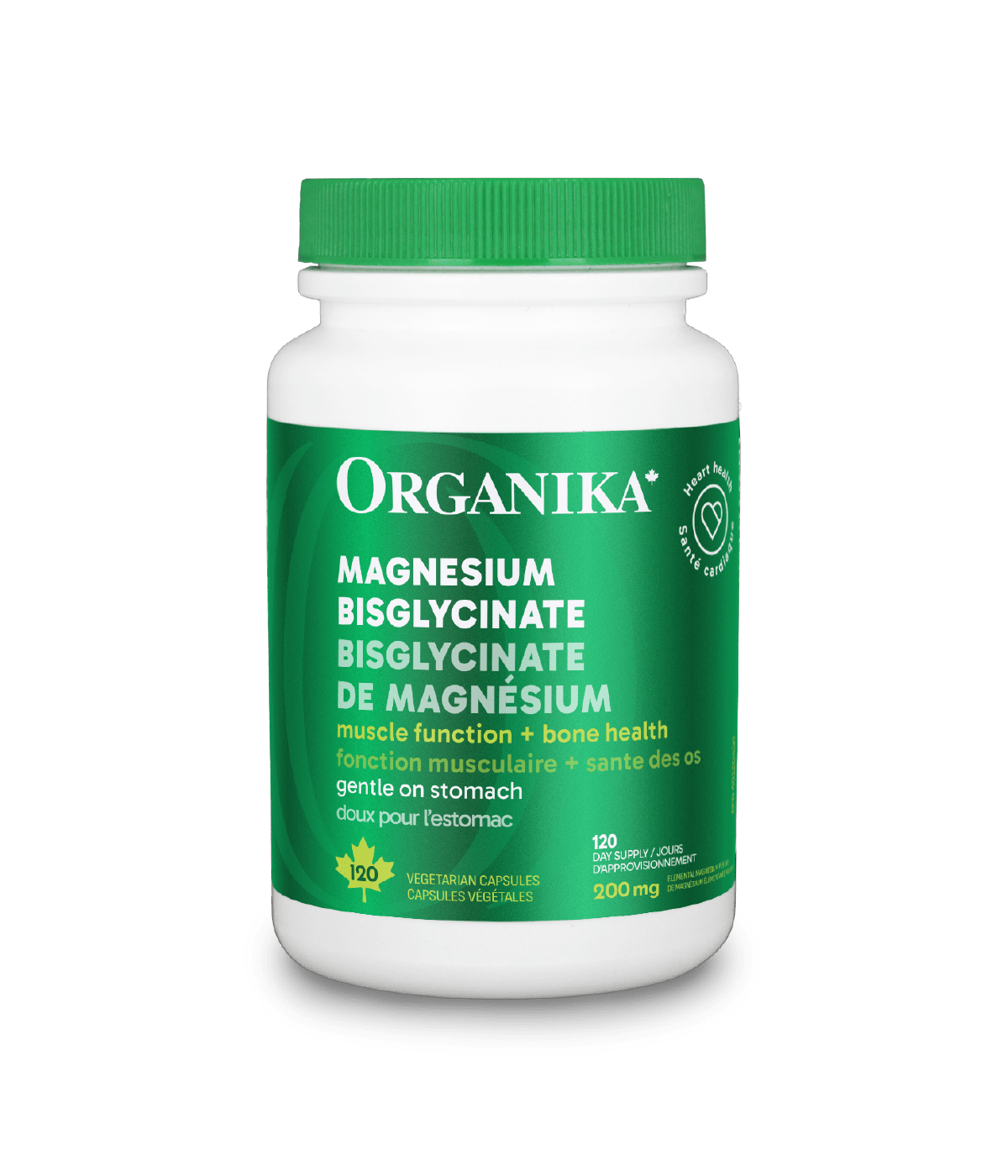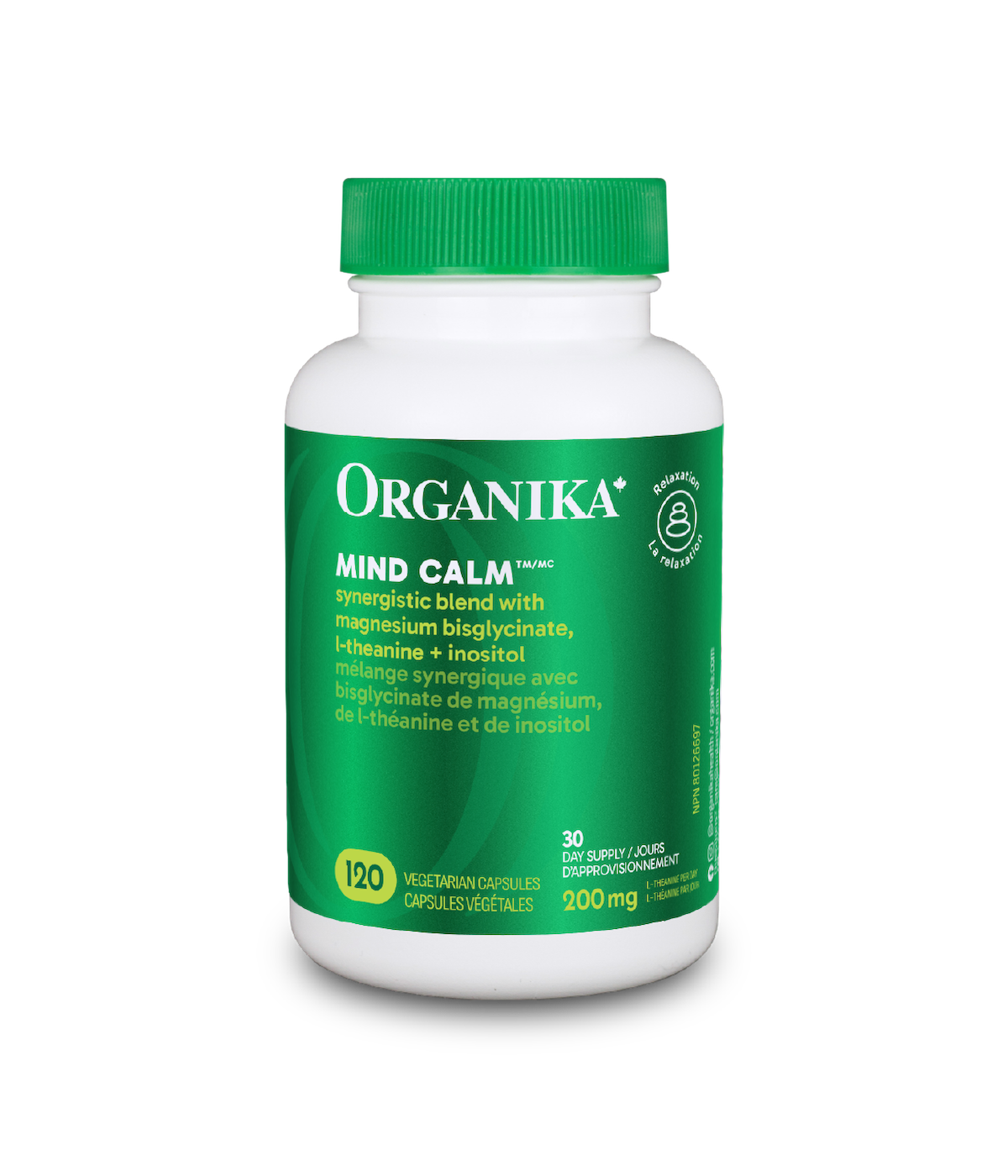Supplement Facts
This brain-forward Magnesium L-threonate supports cognition, muscle and bone function and overall vitality
Ask Away
We’ve got the FAQs covered. But if you’re still stuck, we’re only a message away.
Get in TouchHow much magnesium do I need?
The Canadian RDA (recommended daily allowance) of magnesium for adult males is 400-420 mg/day, and 310-320 mg/day for adult females. This can be from a combination of diet and supplements. Remember though, you may not absorb magnesium well or have higher requirements due to chronic stress. As long as your kidneys are functioning optimally, you will excrete any extra that you don’t need.
The amount in the capsule of 50 mg doesn’t seem like a lot of magnesium. How is this still effective?
50 mg is the amount of elemental magnesium found in each capsule, not the amount of magnesium l-threonate. This can be confusing and important to note when comparing products. Because it is easy to absorb and crosses the blood brain barrier, you can benefit from a larger percentage of the magnesium than other harder-to-absorb forms. In capsules of 50 mg, you can start slow with one capsule and work your way up to three capsules, determining your optimal dose for maximum benefit. This upper dose provides 150 mg of magnesium.
What symptoms might I have that show I need to supplement with magnesium?
Think of tension – of the nervous system, mood, heart, muscles, digestion, head, uterus, etc. Low levels of magnesium have been linked to stress, anxiety and related symptoms, as well as symptoms such as muscle cramps, fatigue and irregular heartbeat. Bone loss, dental caries, kidney stones or other excess calcium symptoms can be contributed to due to low magnesium.
Organika offers magnesium in bisglycinate, citrate, and L-threonate forms. I know I need magnesium – which one do I need when?
When magnesium is bound to salts (like citrate), about 30-40% of the magnesium is absorbed into the body and tissues, helping our muscles and nerves relax. The rest stays in the digestive tract, where it can help ensure proper regular bowel movements. This is super beneficial for relieving constipation and can be taken daily without dependance.
Magnesium bisglycinate has over twice the absorption rate into the body of magnesium citrate. The magnesium is bound to glycine amino acids, which makes it much easier to transport across the digestive tract lining. As glycine also has calming effects, this formula does great things for promoting relaxation of the body and mind.
Magnesium L-threonate is highly absorbable, and can cross the blood brain barrier, having a greater effect on memory. It has been shown to increase short and long term memory. If the central nervous system are your weak link, Organika’s Magnesium L-Threonate is the choice for you.
Don’t I have to take calcium and magnesium together?
When you’re feeling quite balanced and not experiencing the symptoms listed above, calcium and magnesium taken together is a great idea. It’s recommended to take two parts calcium to one part magnesium, ideally along with some vitamin D and other bone supporting nutrients. On the other hand if you do see yourself in the list of symptoms above, we can actually have too much calcium relative to magnesium. This is especially the case with chronic or ongoing stress. When this stress or other magnesium deficiency symptoms are occurring, we may need to leave out the calcium and take magnesium on its own to bring these two minerals back into balance.


































